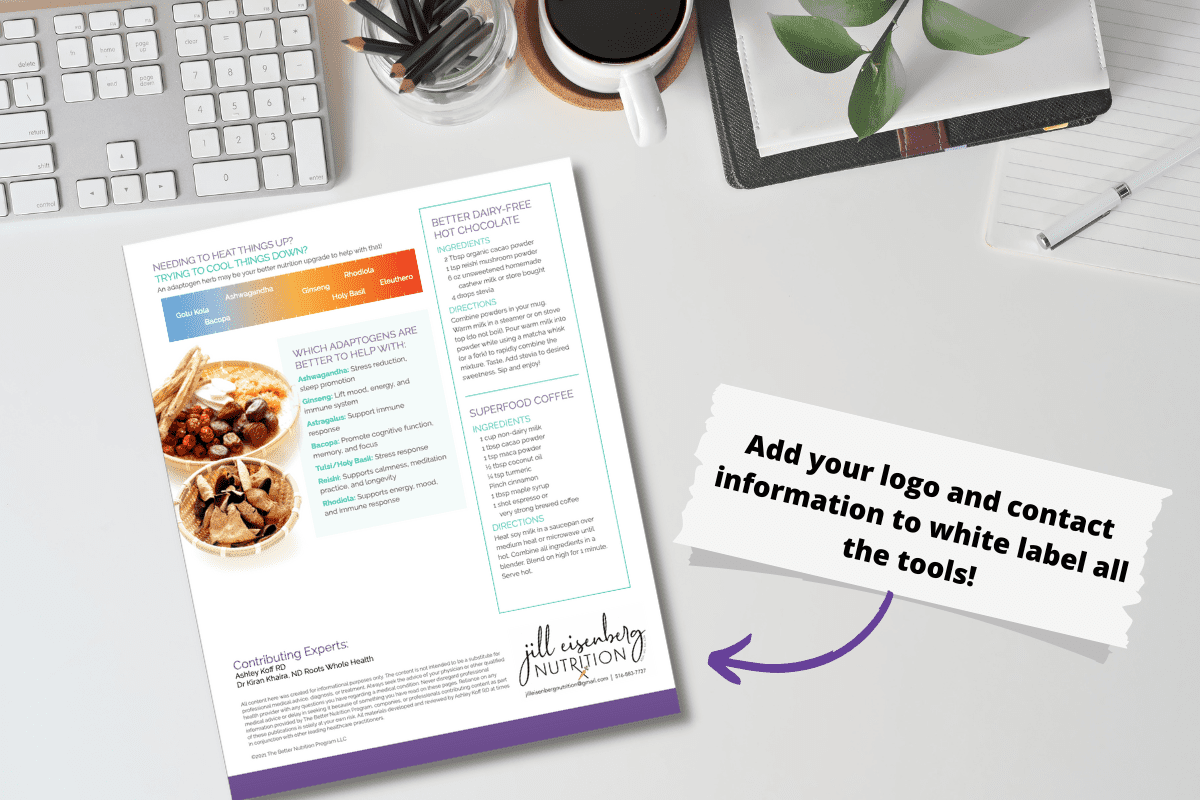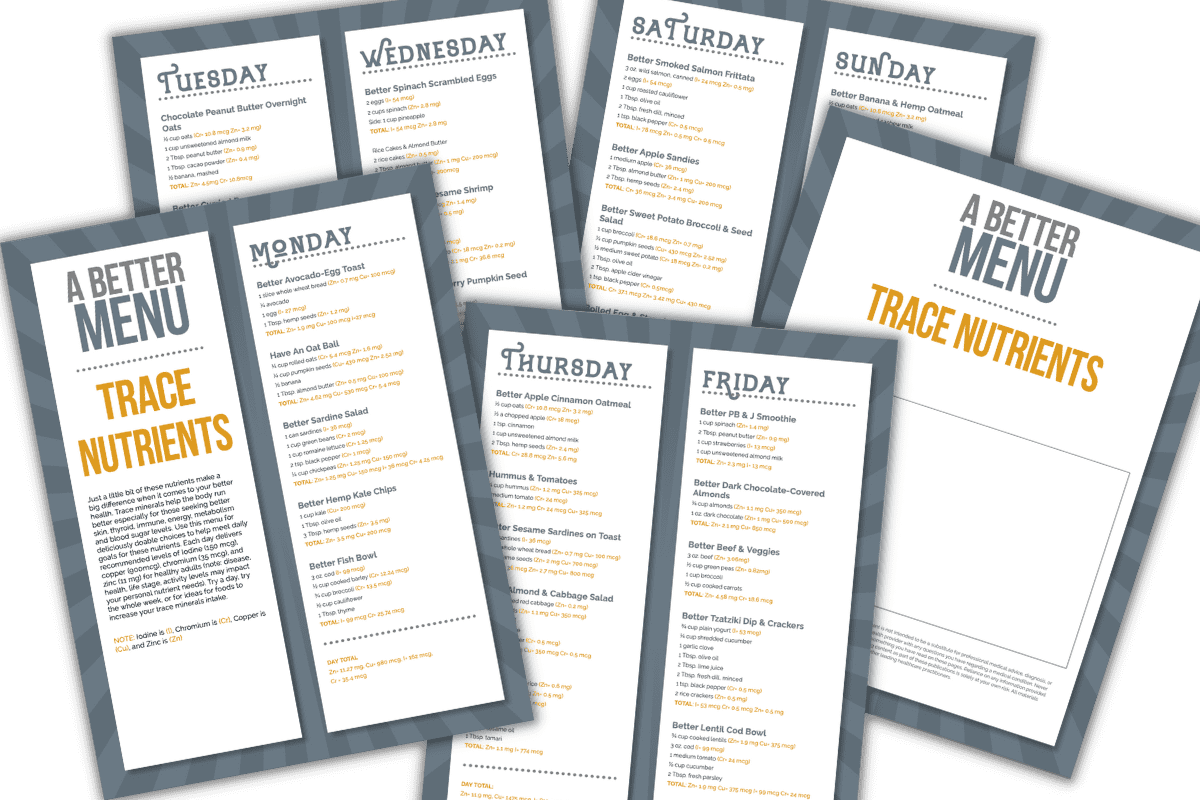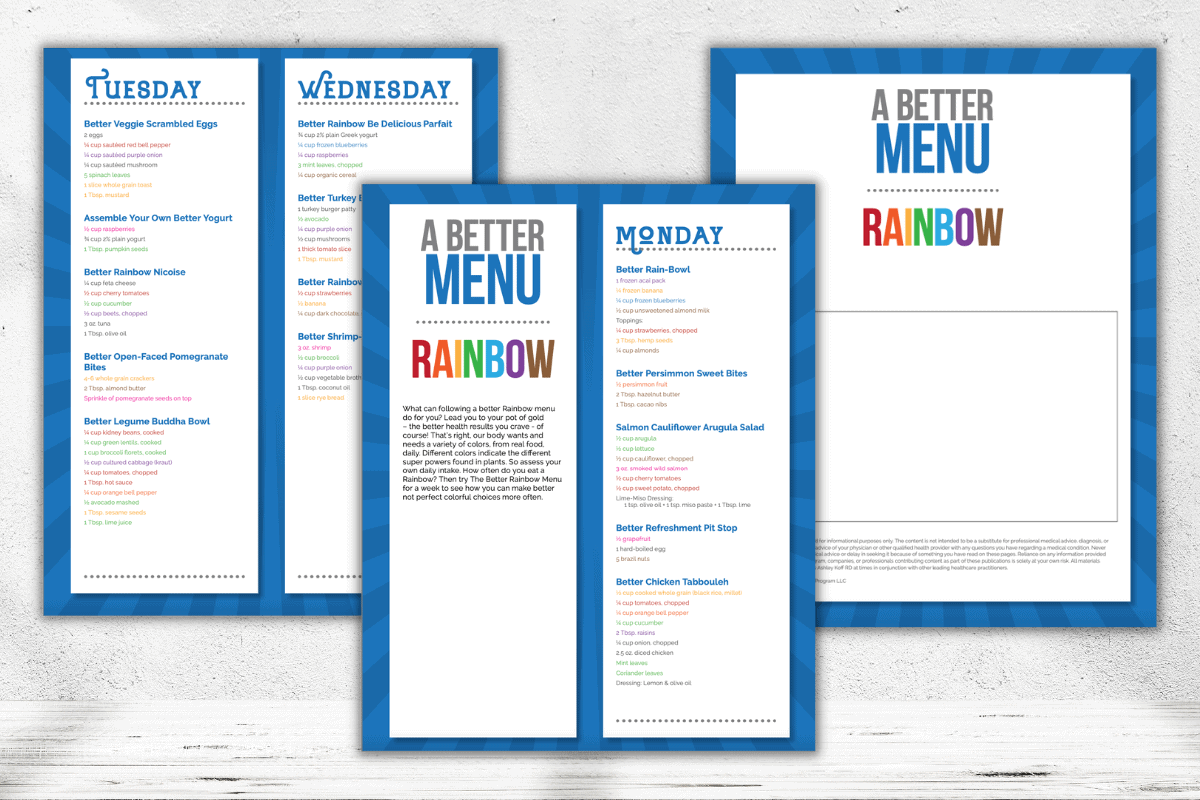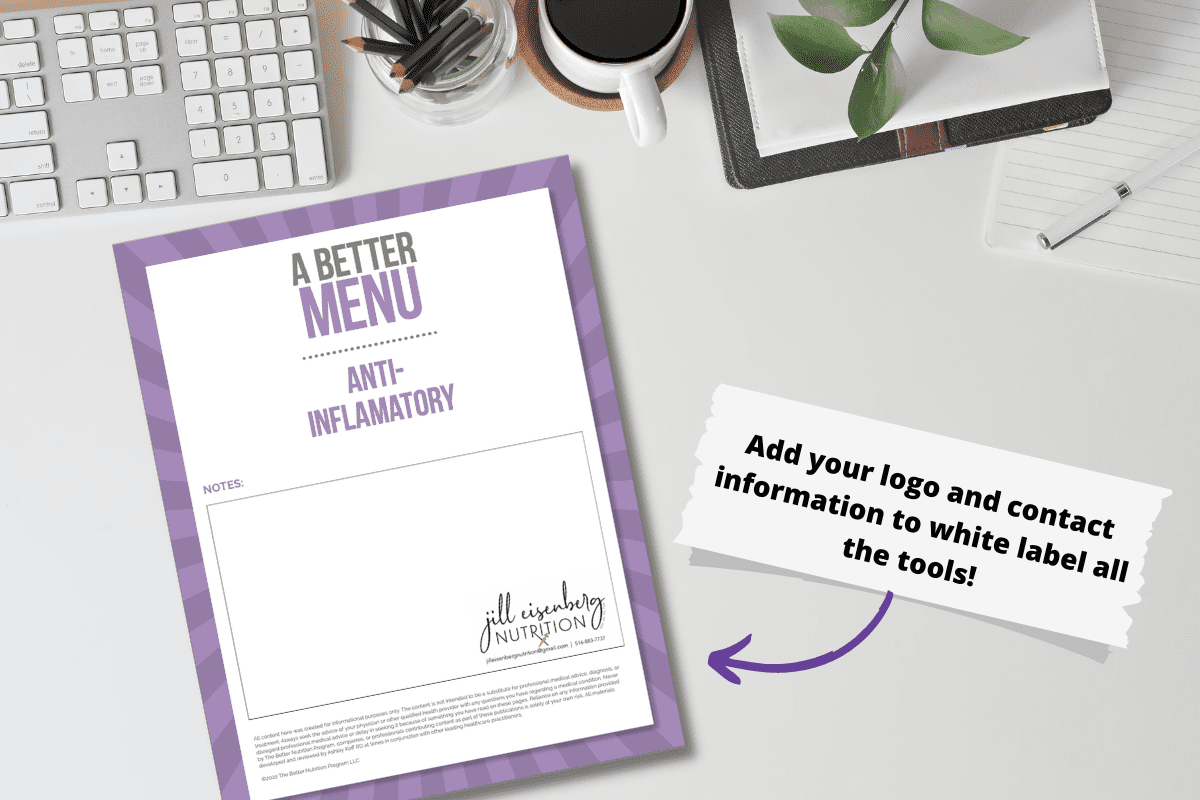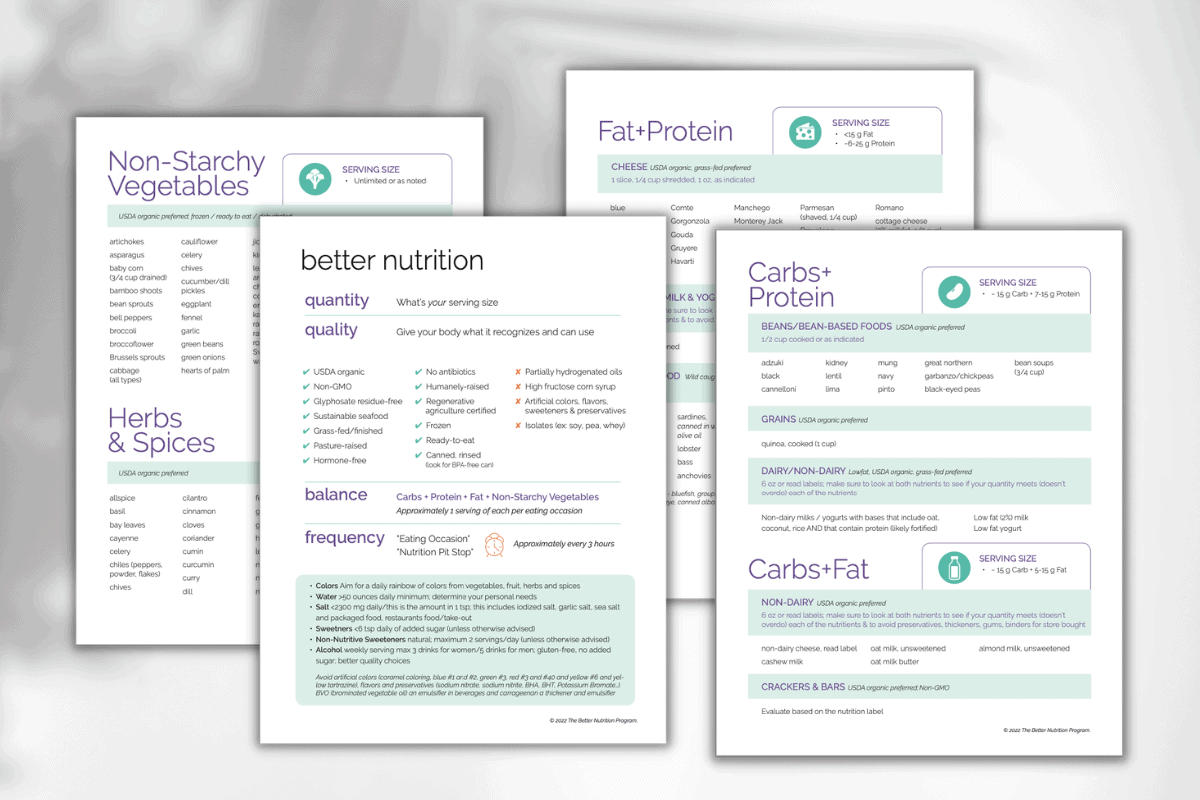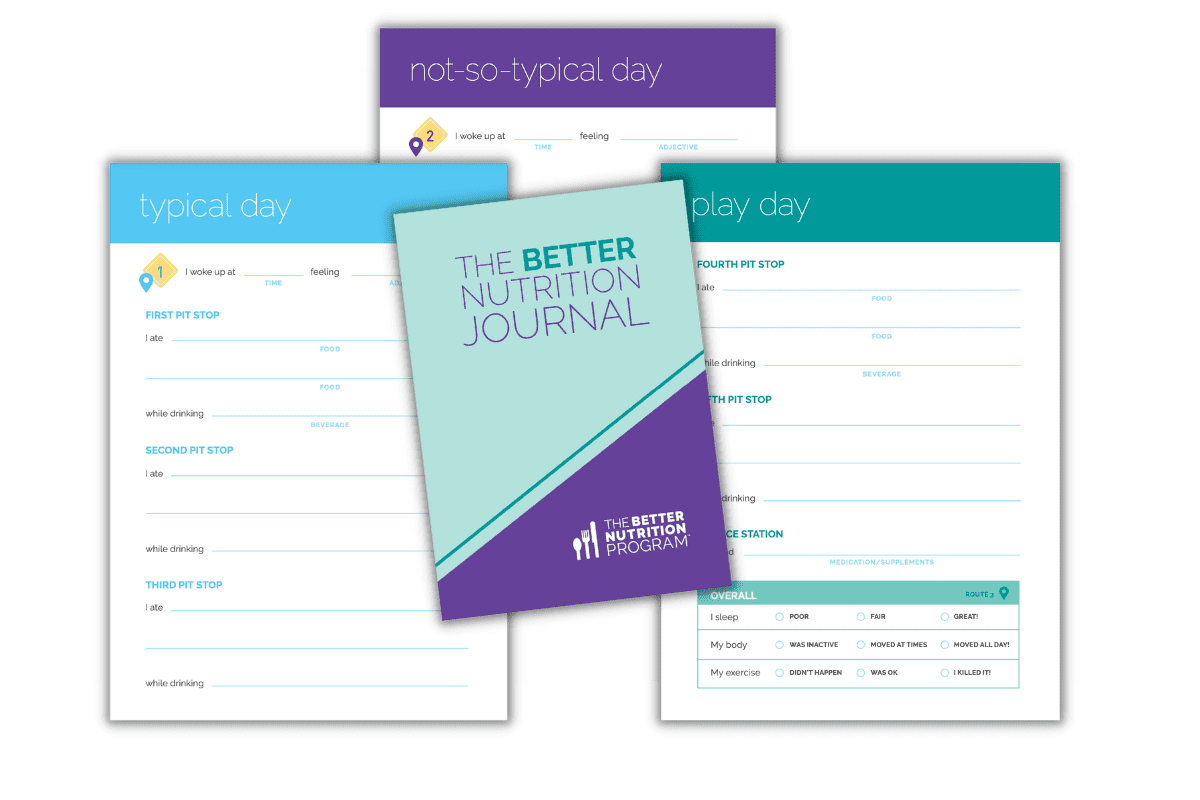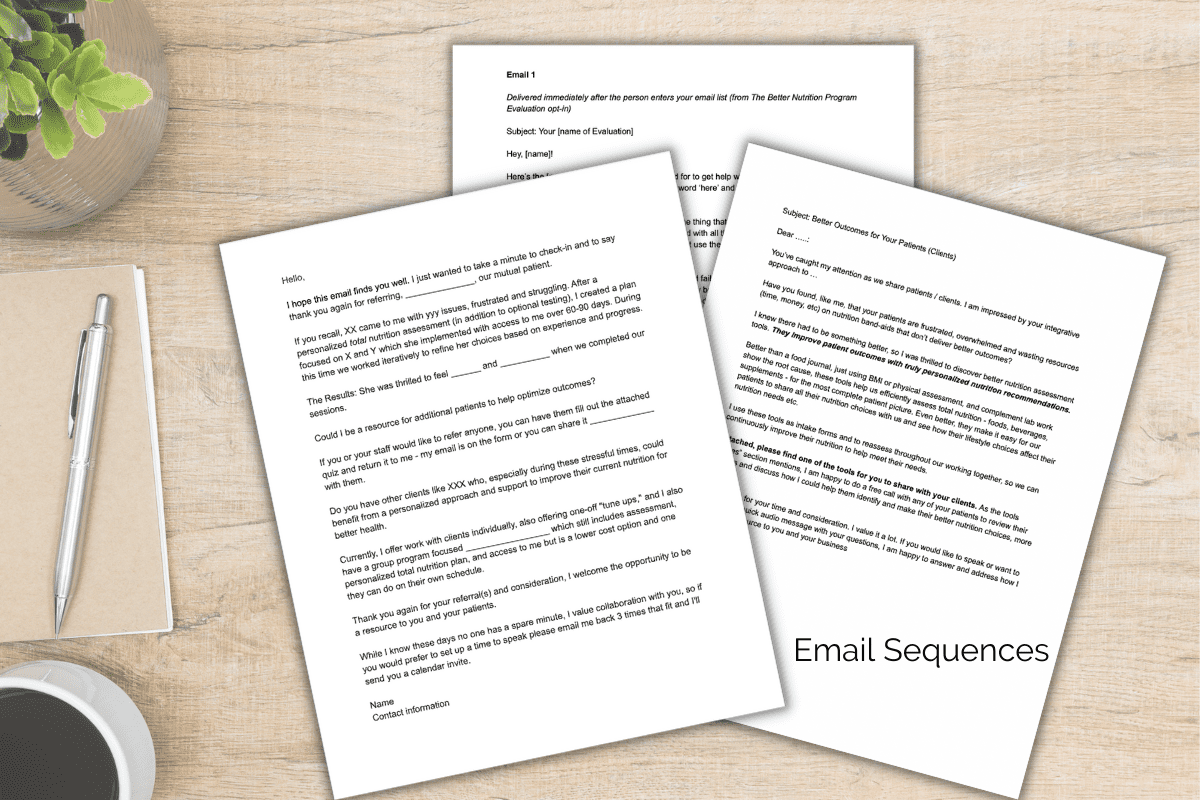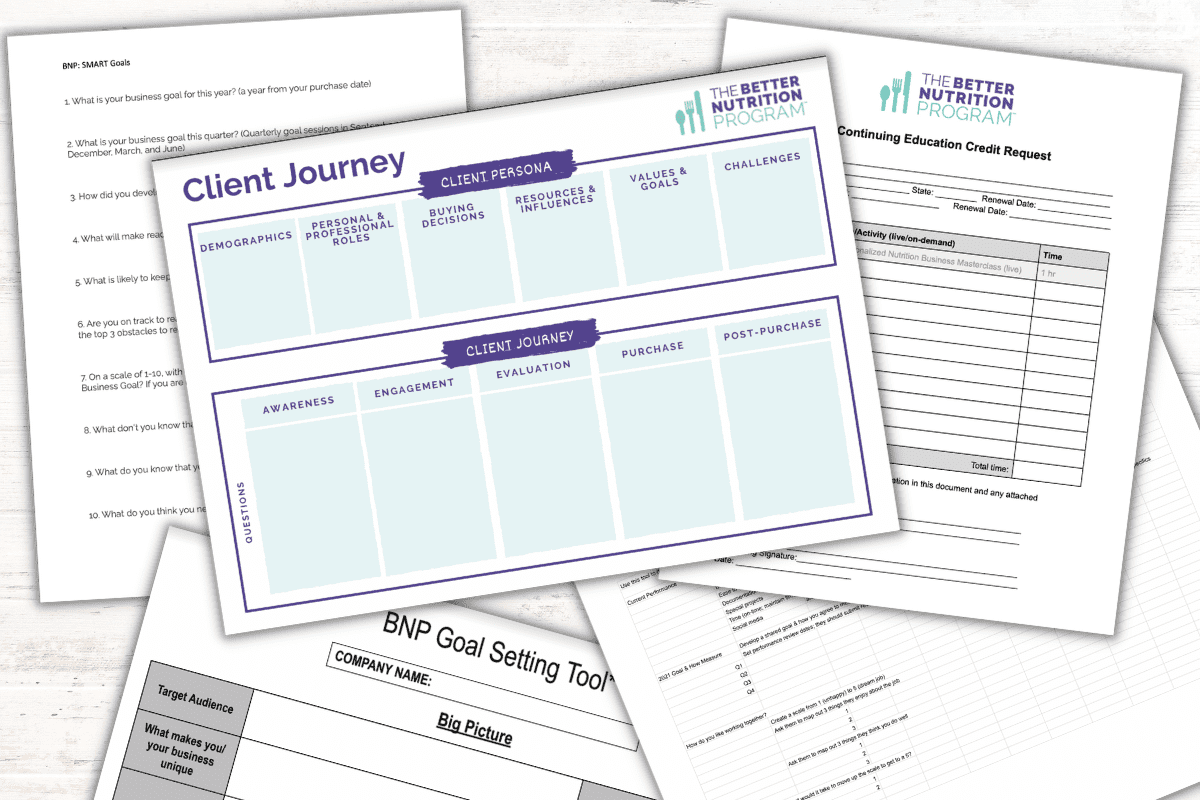Nah nah nah nah, hay hay fever, goodbye.
Better nutrition can help you get seasonal allergy relief and even prevent the onset of allergic response! But what choices work better for you? Let’s explore different options that you can experiment with adding, reducing or removing to help you feel better.

1) Optimal digestion for seasonal allergy support.
Your digestion is where your immune response occurs running from the lining of the mouth all the way through your stomach, colons and then anus. Thus, you want to make sure it is packed with a healthy army of defenders (good bacteria), is an environment in which they thrive, and doesn’t have any leaks in the lining. Focused on seasonal allergy prevention or to address them? Do a digestive evaluation and tune up as indicated (the evaluation and guide are tools included in the Resource library for every BNP Member, and you can choose to do the digestive tune up protocol on your own (BNP Health™) or with clinical and coaching support with the 30 day program content and personalization (BNP Platinum™).
2) Build a better foundation.
Plants help activate your best defense against bad bacteria. Alkaline-formers like lemons and limes help promote a better environment for good bacteria (see #2). Herbs and spices can help turn off or prevent inflammation from starting. And nuts and seeds provide healthy fats as well as trace minerals that also work to reduce allergic response. that you add to dressings, teas, and smoothies more often. Note: If you drink lemon or lime water then use a stainless steel straw. See our free recipes to get ideas for how to make deliciously doable plant-based choices with these ingredients. This is a great time to do a rainbow evaluation and improve colors that you aren’t getting enough of or a better variety of more often.
3) Get in optimal amounts & types of good bacteria to improve seasonal allergies.
Organic cultured veggies before meals or as the base of a power plant pit stop are a great idea for better relief as are some non-dairy probiotic yogurts and other fermented foods. Then add in a daily supplement of a quality strain to help support digestive and immune health (see #4 if you need help choosing). Strain specificity is important when it comes to good bacteria as our system needs a variety so make sure to talk to your practitioner or get our clinical guidance. Note: most kombucha and other sugar-based products fortified with good bacteria may not be better choices as the added sugar is more likely to work against your efforts.
4) Sweet Taste Bud Test & Reset for seasonal allergy prevention.
Sweet is often delicious to our mouth and mind, but not to your immune system, digestion or to reduce seasonal allergy symptoms. Are you getting in more added sugar or non-nutritive sweeteners than your body does better with? Do this free sweet taste bud experiment to see if you need to reset as part of your efforts to reduce seasonal allergies.
5) Give your body natural season allergy prevention
That’s right, don’t wait until you think you have a sinus infection or feel cruddy for days. Grab these and our other favorites in The Better Nutrition Supplement Store.
- Homeopathic Sinus and Allergy remedies
- Better Quality Nasal Spray
- A Better Allergy Relief Plant Supplement
Not sure what will work better for you or want specific recommendations for when and how much to use? Our BNP members not only save 20% off all supplements, but BNP Health Plus™ and BNP Health Platinum™ get 1:1 support to personalize recommendations, and BNP Health™ can ask for guidance in our weekly group live sessions.
5) Reduce/ remove dairy to prevent seasonal allergies.
Especially first thing in the morning or at night before bed. Dairy can be mucous forming and trap in bad bacteria making it harder to heal from seasonal allergies. Dairy-free foods can also deliver key nutrients for example if you use walnut crumbles or hemp seeds in place of cheese you get more omegas to promote a healthy inflammatory response whereas dairy can be more inflammatory. Caution: not all dairy-free products are better for your seasonal allergies or overall health. Use our guide to better dairy-free nutrition to help you make better choices. Available to all members as part of your resource library.
6) Explore your histamine response
Histamine production is personal. There are genetic implications and as well as health and dietary factors. Just doing a low histamine diet isn’t recommended unless you are working with a practitioner who has evaluated these other factors and you are doing it as an experiment to gather data, not a lasting diet. Learn more about how histamine impacts your seasonal allergies and what to look for here in this post.
7) Move or have someone do it for you to reduce seasonal allergy symptoms
- Turn your world upside down as suitable for your fitness needs. You can lay on the floor with your feet up or practice supported hand/head/ shoulder stands to help keep things clear;
- Twist too. Deep chair twists that move your belly and also gentle neck, ankle, and wrist rotations;
- Don’t stop working out, but do head indoors if you need to HIIT it where your allergies won’t;
- Get a massage;
- Sit in an infrared sauna, soak in a magnesium bath when possible.




